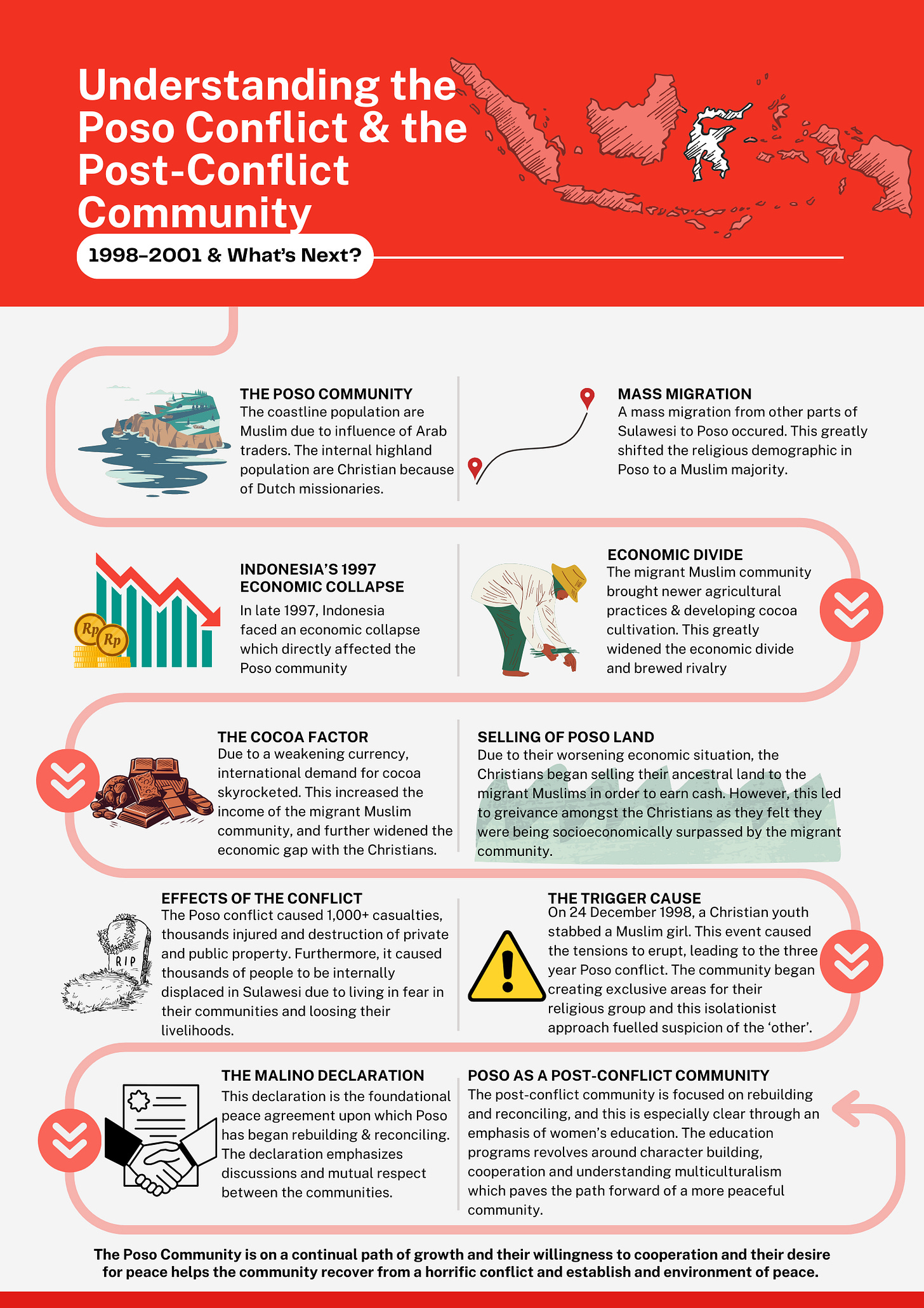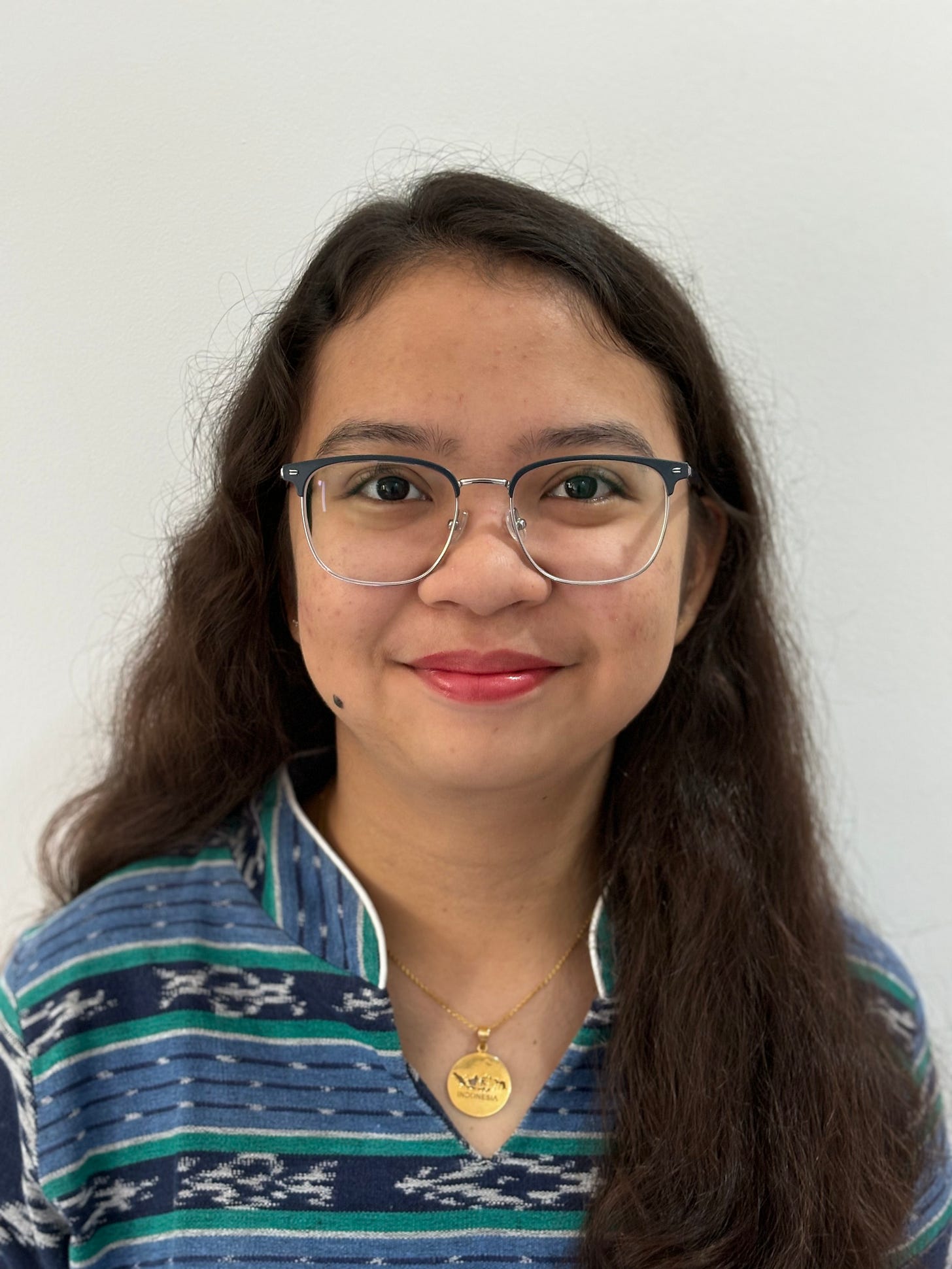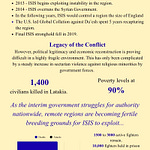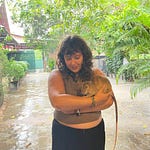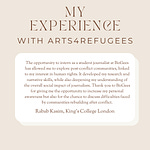The Poso Post-Conflict Community (Indonesia, 1998-2001)
Introduction
Indonesia’s diverse social fabric, with over 1,000 ethnic groups, 700 languages, and six official religions, creates a unique society founded on Unity in Diversity, Indonesia’s national motto. However, such differences can generate friction between social groups, as seen in the Poso Communal Conflict in Central Sulawesi.
This article will explore the Poso conflict, which was a series of violent confrontations between Muslim and Christian communities from 1998 to 2001. It will explain the reasons behind the conflict, its effects, and how Poso has attempted to develop as a post-conflict community by remembering its past and reconciling for the future.
Background & Causes of the Conflict
Poso, a town in Central Sulawesi, was historically had two main communities: those on the shoreline were Muslim due to their contact with Arab traders in pre-colonial times, and those living in the interior highlands adopting Christianity following the evangelism of the Netherland Mission Society during Dutch colonial rule. Despite the religious differences, the indigenous Poso population coexisted peacefully for decades, but the 1990s marked a turning point in their relationship. President Suharto and the Indonesian government pushed for the economic development of Sulawesi, with one project being the construction of the Trans-Sulawesi Highway to connect the island. As a result, this project attracted workers from other parts of Sulawesi that were predominantly Muslim, thus altering the balance of Poso's religious demographic into becoming a Muslim majority.
The Poso conflict that erupted in 1998 stemmed from growing tensions between Christians and Muslims, all simultaneously exacerbated by Indonesia's broader economic situation. While the ethnic Christian population continued with their traditional farming methods and different sources of livelihood, the newly arrived Muslim migrants brought newer agricultural practices, emphasising cocoa cultivation. This created an economic divide, brewing rivalry amongst the groups. In late 1997, Indonesia began facing a financial crisis. As a result, many in the Christian community sold their lands to Muslim migrants to survive, further widening the socioeconomic gap.
On the other hand, international demand for cocoa increased due to a weakened Indonesian Rupiah, boosting the Muslim population with increased incomes and enabling land purchases from ethnic Christians to expand their businesses. Not only this, but more voluntary migrants from South Sulawesi moved to Poso to buy land for cocoa farming, the popular export of the time. The economic gap between the ethnic Christians and the migrant Muslim community became drastic; therefore, alongside losing their ancestral land, they began feeling surpassed by the Muslims, thus building up grievances within the Christian community. As the atmosphere in the air was tense, the stabbing of a Muslim girl on the arm on December 24, 1998 by a Christian youth triggered the three-year conflict that was defined by brutal communal violence.
Effects of the Conflict
The Poso conflict erupted into violent confrontation between the two groups including property destruction, clashes on the streets and night time attacks. The Poso conflict peaked in 2000, with violence rampant in the streets, causing everyone to feel unsafe and leading both the Muslim and Christian communities to isolate themselves by creating exclusive areas for their religious groups. This isolationist approach further divided the community and amplified their fear of one another. The Poso conflict saw a death toll of over 1,000 civilians killed, and thousands more injured. Years after the conflict, many eyewitnesses reported to Human Rights Watch that they believed the Indonesian government took too long to intervene, contributing to the high death toll. Many report that the Poso conflict was further amplified by systematic government failure on three occasions. Firstly, the government's economic development initiative, which changed Poso's demographics, then the 1997 financial crisis further widened the economic gap between the Christian and Muslim populations of Poso, but most importantly, the government's lack of direct intervention throughout the conflict allowed it to continue, causing a massive loss of life and the destruction of a community that goes beyond infrastructure, but instead fractured trust and fostered fear within the community. To support the Muslim population, Darul Islam rebels from South Sulawesi came to the interior highlands bearing arms and attacking the Protestant villages, leading to retaliatory violence causing over 200 public buildings, such as places of worship, and 500 homes were destroyed, and internally displaced tens of thousands. The three-year conflict saw weapon development, ethnic disputes on land rights, religious threats, and nighttime attacks with no intervention from a higher authority. Therefore, aggrieved victims and their families began seeking revenge on the opposition rather than justice, further intensifying the emotions and violence of the conflict.
Resolution to the Conflict
To address the ever-growing conflict, the Indonesian government began mediating meetings between Poso's two warring groups in December 2001 to create an environment that builds discourse, which they hoped would lead to peace. On December 20, 2001, the Indonesian government proposed a peace agreement entitled the Malino Declaration, encompassing 10 points centred around ending the Poso conflict and collaborating with all parties to maintain peace. The Malino Declaration was monumental, as it was agreed upon by the Christian and Muslim communities and government intervention to maintain peace. The government formed the Pokja Malino group to ensure the agreement's implementation, promote peace, and monitor the progress of the reconciliation and rebuilding of Poso. Key points of the Malino Declaration included returning property to their rightful owners, conflict cessation, and respecting all faith followers to implement their respective religious practices and beliefs, as per the Indonesian Constitution. The post-conflict rebuilding effort uniquely focuses on empowering women as peacebuilders. NGOs established schools in Poso for women (Sekolah Perempuan) as, from their perspective, women are the nurturers of their households; therefore, empowering them will allow the women to transfer knowledge and ideals to their families, who are the next generation. In the Women School for Peace (SPP), women from different communities are brought together and are taught social and economic skills that revolve around character building, cooperation, and an understanding of multiculturalism as this, at its core, promotes peace and reconciliation of the past, and simultaneously encourages collaboration for the future. At Mosintuwu Women's School, they encourage women to organise and advocate through dialogue for their local communities. They even facilitate the Women's Congressional of Poso in collaboration with other Women's schools to discuss peace and economic, cultural, social,and political equality. All of these efforts have made it possible for the idea of peace and dialogue instead of violent confrontation to be promoted at the micro-level as women share their learnings and ideas with their families and communities, fostering a peaceful environment and building an emphasis on conflict resolution rather than violent confrontation.
The Resolution, Unresolved?
For the Indonesian government, the Malino Declaration was a success story of a post-conflict community as Poso has revitalised itself economically since 2001. However, the government's measure of progress only from an economic perspective is far from what the people perceive as reality. Although the Malino Declaration has been enforced and successfully kept peace in Poso since 2001, years later, many residents have reported to the Human Rights Watch that the two communities are still socially separated. Nevertheless, it is essential to note that those currently living in Poso are the same individuals who faced the tragic and horrific realities of the conflict since a new generation has not come about as that takes 20 to 30 years. Therefore, there is a possibility that the physical and psychological trauma these individuals have due to the conflict continues to persist in their lives, hence still affecting an environment where fear and suspicion of the other community continue to be harboured. As a result, the Poso community must be given time to reconcile, and the emphasis on peace, community rebuilding, and open discourse shall persist in correctly resolving the historical and social differences. Therefore, to accurately analyse the effectiveness of the Malino Declaration and its positive impact on the Poso post-conflict community, the next generation of Poso inhabitants should be questioned in 10 to 15 years on whether they believe their community is safe and at peace with one another, because this will reveal that even though they know stories of the past from previous generations, do they continue to feel the same animosity towards their neighbour, or has the Poso community successfully nurtured an environment of peace where its people can accept the events of the past but it doesn't shape their perception of their Christian or Muslim neighbours.
Sources
Aragon, Lorraine V. “Communal Violence in Poso, Central Sulawesi.” Ecommons Cornell, Oct. 2001, ecommons.cornell.edu/server/api/core/bitstreams/a432d7e3-d717-4f6b-bafd-c304f07d0e09/content?ref=artshelp.com.
“Breakdown: Four Years of Communal Violence in Central Sulawesi - Indonesia.” ReliefWeb, 4 Dec. 2002, reliefweb.int/report/indonesia/breakdown-four-years-communal-violence-central-sulawesi.
Schulze, Kirsten E. “The ‘Ethnic’ in Indonesia’s Communal Conflicts: Violence in Ambon, Poso, and Sambas.” LSE Research Online, 2016, eprints.lse.ac.uk/68288/8/Schulze_The_ethnic_in_Indonesias_author LSERO.pdf.
Viartasiwi, N, and A Trihartono. “Engaging the Quiet Mission: Civil Society in Breaking the Cycle of Violence in the Post-Conflict Poso, Indonesia.” Procedia Environmental Sciences, Elsevier, 14 Aug. 2015, www.sciencedirect.com/science/article/pii/S1878029615002297.
In this episode Caspia discusses the Poso post conflict experience in Indonesia. She is a student journalist with us on a placement organised with Department of War Studies, King’s College, London. This article was edited using Lex.page.
Thank you for reading an A4R 🎨 Post. Don’t forget to visit our gift shop here. Every purchase scales our impact and pays our bills.



